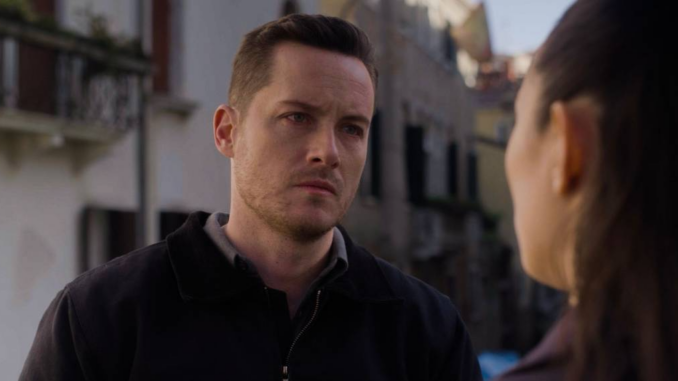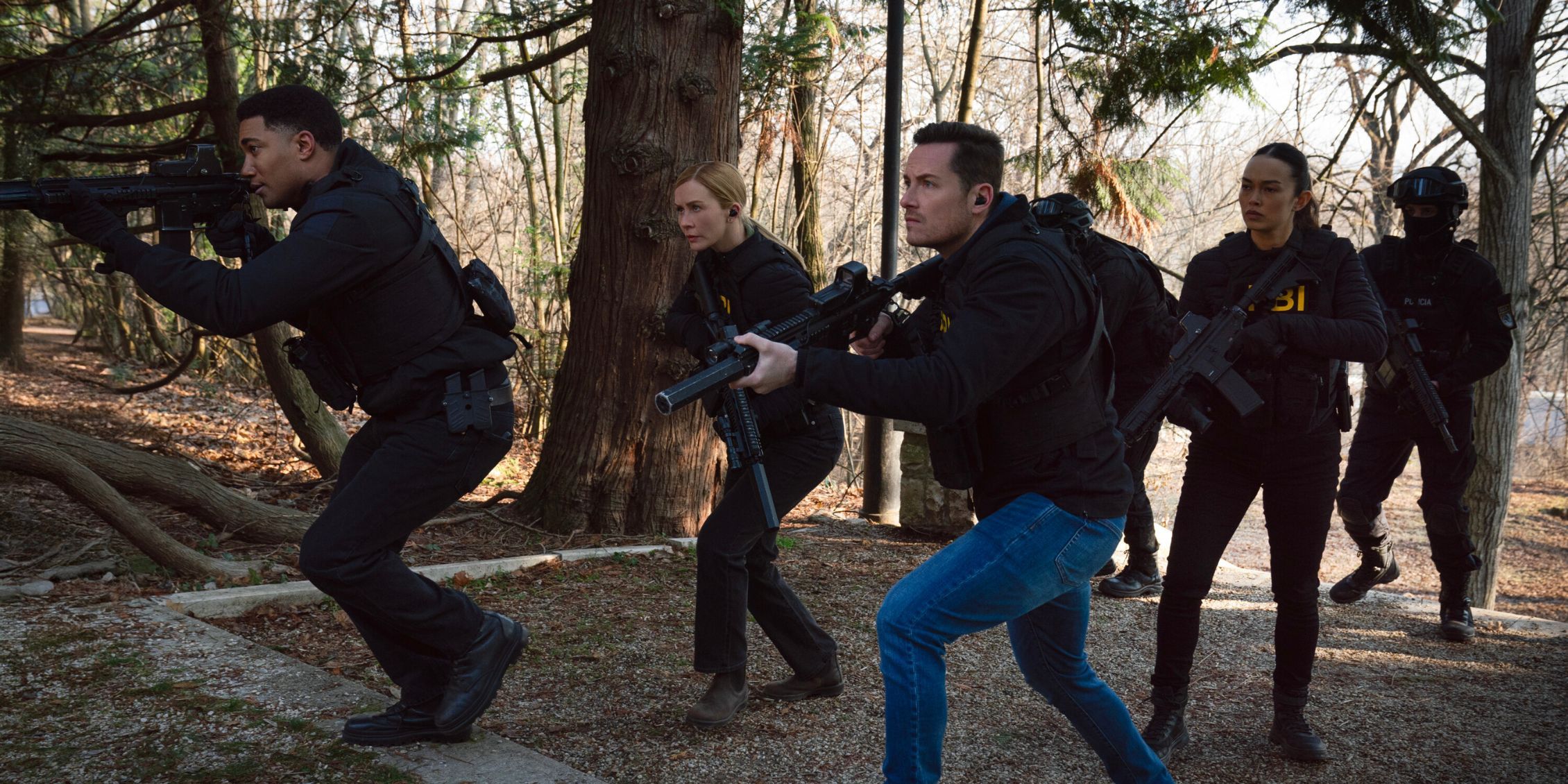
FBI: International’s series finale will finally make it clear why the elite Fly Team has the moniker it does. The internationally-based spinoff is one of the best FBI shows because it is one of the only procedures that takes place entirely in foreign countries. Instead of dealing with the domestic cases that are the bread and butter of most procedures, FBI: International focuses on the Fly Team, which handles cases in Europe, Asia, and other regions that have significant implications for the United States.
Sadly, FBI: International is one of the shows that CBS has canceled in 2025. With only a few episodes of FBI: International leaving before the series ends for good, the best that can be hoped for is that it has a strong wrap-up. It’s difficult to predict how a series like this will end; however, CBS and Dick Wolf Entertainment have dropped some clues. Significantly, the FBI: International series finale will take place in Japan rather than in one of the European countries that are most frequently seen in the series (via TVLine).
FBI: International’s Name Never Felt Appropriate Because The Fly Team Mostly Stays In Europe
Many Cases Took Place In Budapest Or Other Areas Accessible By Car Or Train
The name “Fly Team” suggests that these FBI agents fly all over the world solving cases. However, that has not often been the case. While FBI: Most Wanted often has agents flying to other areas of the United States, FBI: International’s team rarely stepped on a plane to get to the case’s destination. The team’s headquarters is in Budapest, Hungary, and many cases take place there or in surrounding areas — while the team does move around, it’s usually within the borders of the European Union. Keeping cases mostly confined to Europe was likely an attempt to save money.
FBI: International films most scenes on location, which makes the show more expensive than the average procedural. However, if FBI: International kept going to different places all over the world, that would likely be more expensive than confining the production to two or three central locations and building stories around those areas. Storywise, it also keeps things less complicated if the Fly Team visits the same locations repeatedly, allowing the audience to get used to the settings rather than requiring viewers to adjust to a new location each episode.

